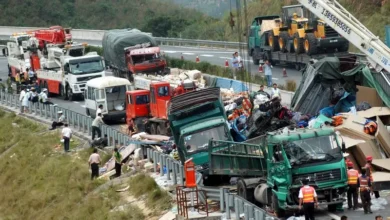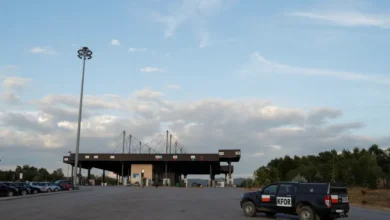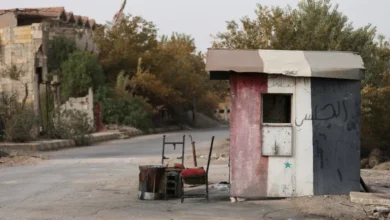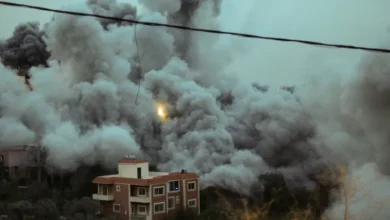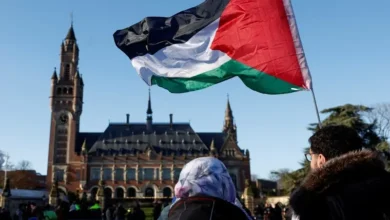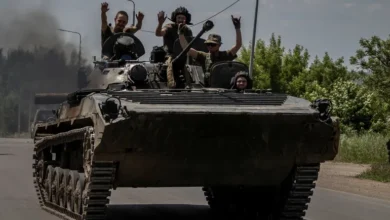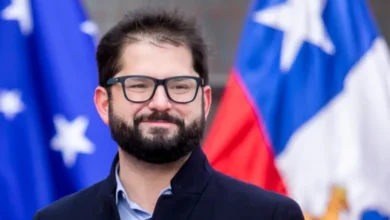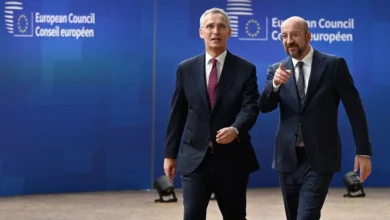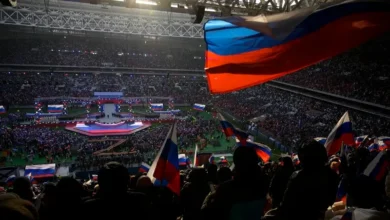With North Korea’s troops in Russia, South Koreans weigh role in Ukraine
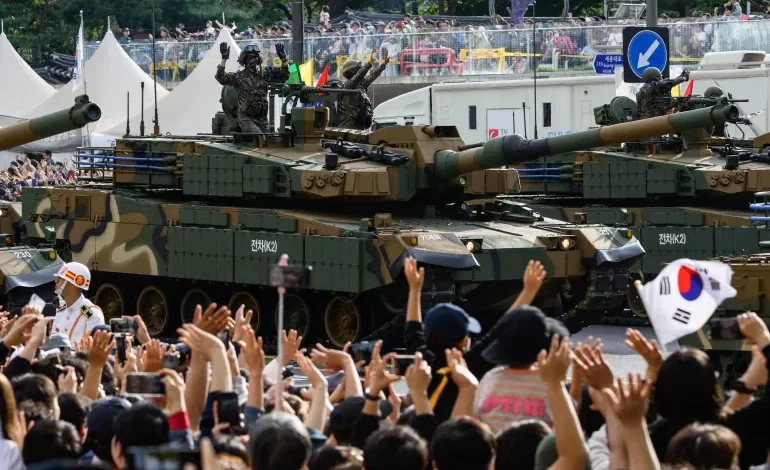
When Yang Seung-ji heard that thousands of North Korean soldiers had been sent to Russia for possible deployment in Ukraine, she began searching online for the nearest emergency shelter.
Yang is concerned that tensions between North and South Korea, which have been aggravated by Pyongyang’s reported involvement in the war in Ukraine, could spill over into an armed confrontation.
“I worried that public transportation would be down and make me unable to go back home,” the 25-year-old job seeker, who recently moved from the regional city of Chungju to Seoul, about 50 km (30 miles) from the inter-Korean border, told Al Jazeera.
“We thought about packing our stuff and stacking some food in our apartment.”
“Ever since hearing about North Korea’s balloons carrying rubbish landing in parts of Seoul, there’s just a sense that things are escalating,” Yang added.The United States Department of Defense said last week that up to 10,000 North Korean soldiers are undergoing training in Russia as Moscow looks to reinforce its troop strength in the nearly three-year-long war, corroborating earlier statements by Ukrainian and South Korean intelligence.
On Thursday, North Korea test-launched a new solid-fuel intercontinental ballistic missile dubbed Hwasong-19, which logged a record flight time of 86 minutes.
South Korean President Yoon Suk Yeol has pledged to respond to North Korea’s involvement in Ukraine, including by potentially supplying weapons to Kyiv.
“If North Korea dispatches special forces to the Ukraine war as part of Russia-North Korea cooperation, we will support Ukraine in stages and also review and implement measures necessary for security on the Korean Peninsula,” Yoon said last week during a joint news conference with Polish President Andrzej Duda.
Directly supplying weapons to Ukraine would mark a significant change in South Korea’s involvement in the war, which has so far been confined to humanitarian aid and helping backfill weapons by supplying arms to NATO members.
Such a move would also require revisions to South Korea’s Foreign Trade Act, which prohibits the country from sending lethal weapons to live conflict zones except for peaceful uses.
